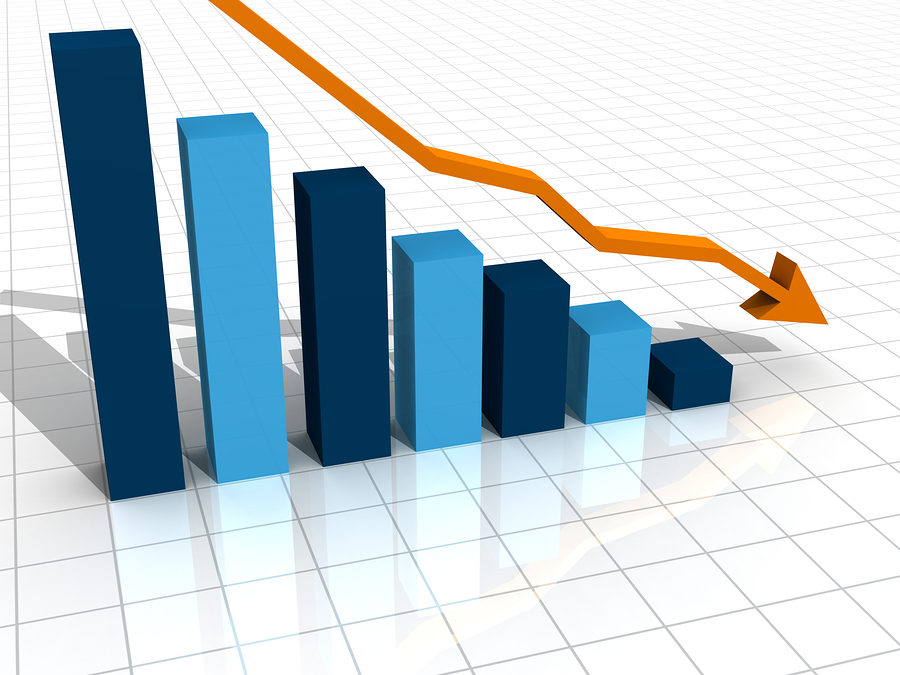Like many aspects of sex, intensity of orgasm can depend on the individual as well as the situation. Here are some of the more common reasons orgasms might become less powerful:
Aging
Levels of sex hormones decline for both men and women as they get older. Men’s testosterone levels drop gradually over time, which can dampen both desire and orgasm intensity.
For women, estrogen decreases at menopause are more abrupt. Some experts believe that the clitoris becomes less sensitive due to estrogen decline. Many women climax through clitoral stimulation; less sensitivity may diminish the intensity of orgasms.
Also, estrogen is important for keeping vaginal tissues flexible and lubricated. When levels fall, the vagina can become dry and narrow. Intercourse may become uncomfortable. (Read more about vulvar and vaginal atrophy
Routine/Boredom
If a couple has been together for several years, they may fall into a sexual routine that does not excite one partner (or both) as much as it used to. Changing the pattern may help. Couples are encouraged to talk to one another to make sure each partner is getting his or her sexual needs met.
In addition, men who use pornography and/or masturbate daily may find that their orgasms become less intense or less satisfying.
Stress and Anxiety
Stress can affect sexual health in many ways, including orgasm. If a person is under pressure at work, feeling overwhelmed by family responsibilities, or anxious about the state of a romantic relationship, he or she may become distracted during sex, which could take away some of the pleasure.
Low Desire and Poor Arousal
Problems with sex drive (libido) or arousal (the body’s physical preparation for sex) may also lower orgasm intensity. These issues can have both physical and psychological causes, such as hormonal declines or relationship conflict. Patients are encouraged to see a doctor or therapist.
Weak pelvic floor
The pelvic floor is a muscle group that supports the pelvic organs, such as the bowel, bladder, and uterus. These muscles tend to weaken as people get older. Surgery, obesity, and childbirth may weaken them as well.
Kegel exercises are designed to strengthen the pelvic floor muscles. People who keep their pelvic floor toned often find that the intensity of their orgasms improves.
Birth Control Methods
Some men claim that they have orgasm difficulties when using condoms. Oral contraceptives can be similarly problematic for women, too.
It’s important to note that diminished orgasms are not a reason to stop using birth control or engage in unsafe sex. Couples should make sure they are using condoms correctly. Women may consider switching from oral contraceptives to another form of birth control, such as an IUD.
Communication is an essential component of any sexual relationship. If a partner’s orgasms become diminished, the couple can work together to solve the issue. The answer may be as simple as making more time for the relationship, asking for help with responsibilities, or changing birth control methods. It may also help to consult a doctor, sex therapist, or counselor.


